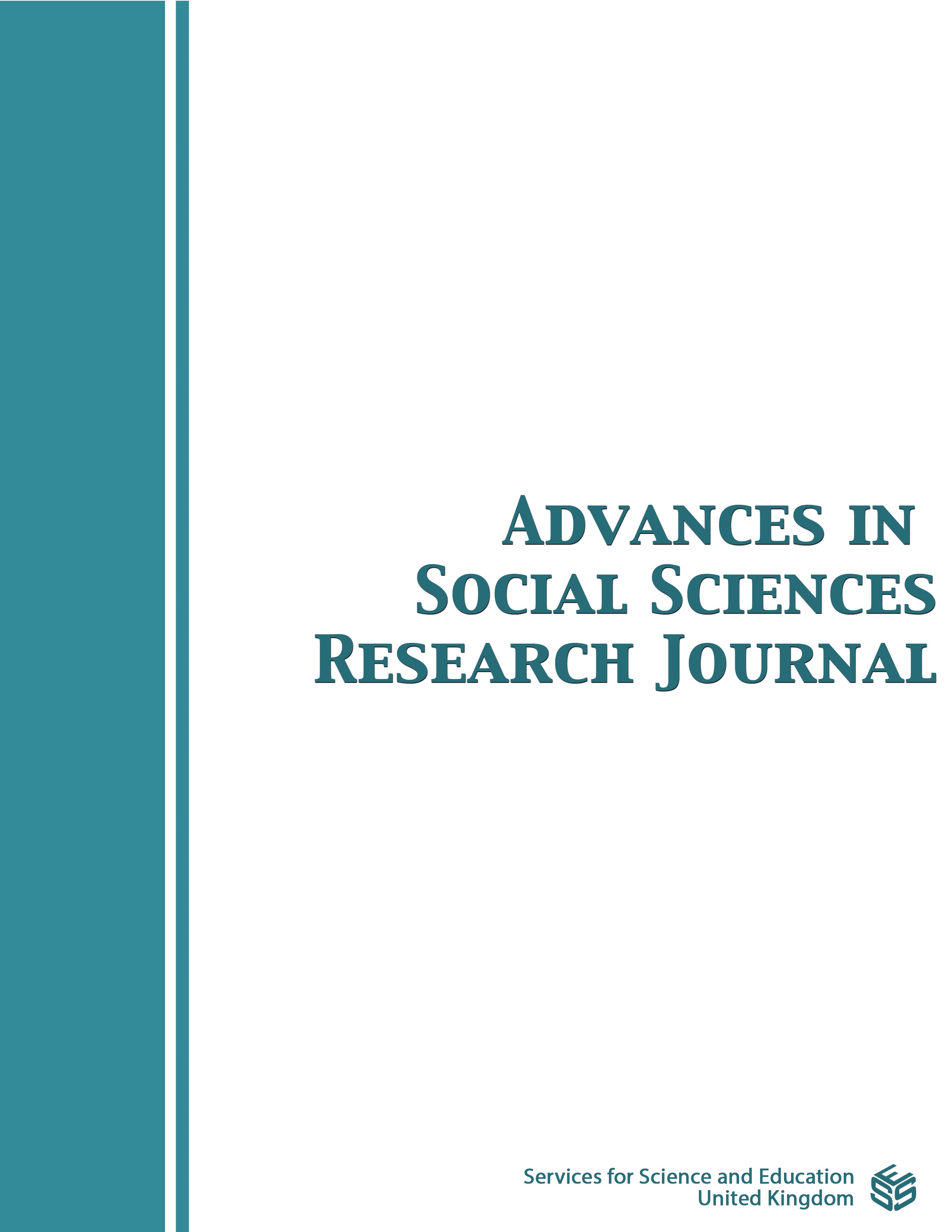The Influence of Social Media on Developing English Reading Skills of Saudi Universities Students
DOI:
https://doi.org/10.14738/assrj.108.15061Keywords:
social media, English reading skills, university studentsAbstract
Social media has definitely become an integral part of our lives especially among university students. This technology has a wide impressive effect on how people learn and communicate with each other. However, the application of social media to learning especially for English department Saudi university students, is not fully explored. Therefore, the current study aims at mapping whether social media affects students’ reading competence positively or negatively. The study also seeks to find out if there are any significant differences in the students’ competence in reading as a result of using social media with NBU students due to gender, social media, reading skills and geographical distribution. The current study used quantitative methods using a survey instrument to gather descriptive data regarding the perceptions of (n=900) randomly chosen Saudi university students. Questionnaires with Likert scale questions were used in the study. The questionnaire was divided into two main parts. The first part began with two general questions about the number of years by which social media was used to perform general tasks and to perform specific English tasks. The second part was concerned with attitudes towards using social media, impact that social media has on reading competence. The data was analyzed using the Statistical Package for Social Sciences (SPSS) to obtain accurate results. Analysis of the collected data showed that the majority of the participants believed strongly in the pedagogical values and benefits of using social media as an ELT tool in their classrooms especially in improving reading skills. The findings also indicate that social networking websites and applications (e.g.Facebook, Youtube , Twitter, Skype) have a positive impact on learning English as a foreign language.
Downloads
Published
How to Cite
Issue
Section
License
Copyright (c) 2023 Turki Rabah Al-Mukhallafi

This work is licensed under a Creative Commons Attribution 4.0 International License.
Authors wishing to include figures, tables, or text passages that have already been published elsewhere are required to obtain permission from the copyright owner(s) for both the print and online format and to include evidence that such permission has been granted when submitting their papers. Any material received without such evidence will be assumed to originate from the authors.






